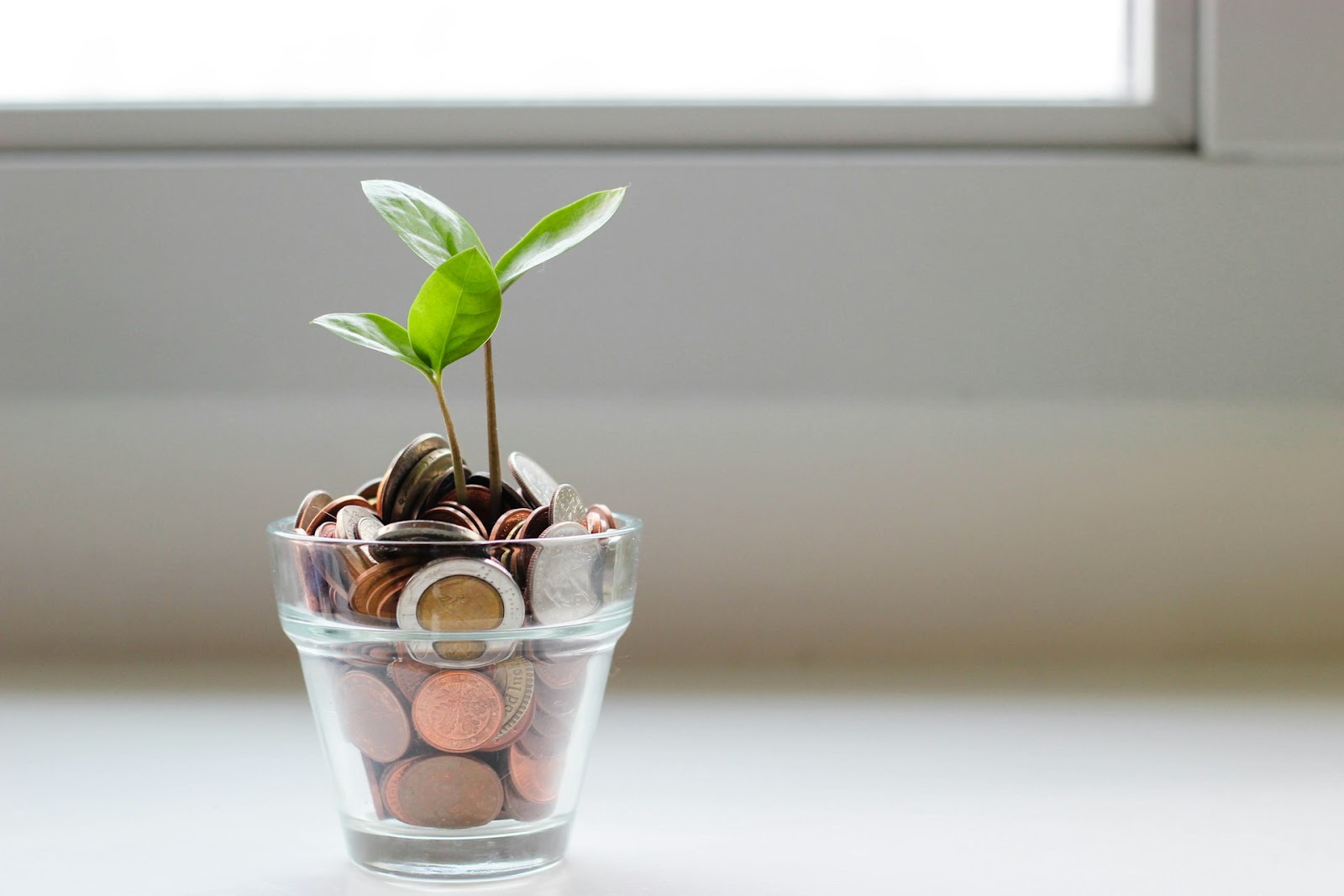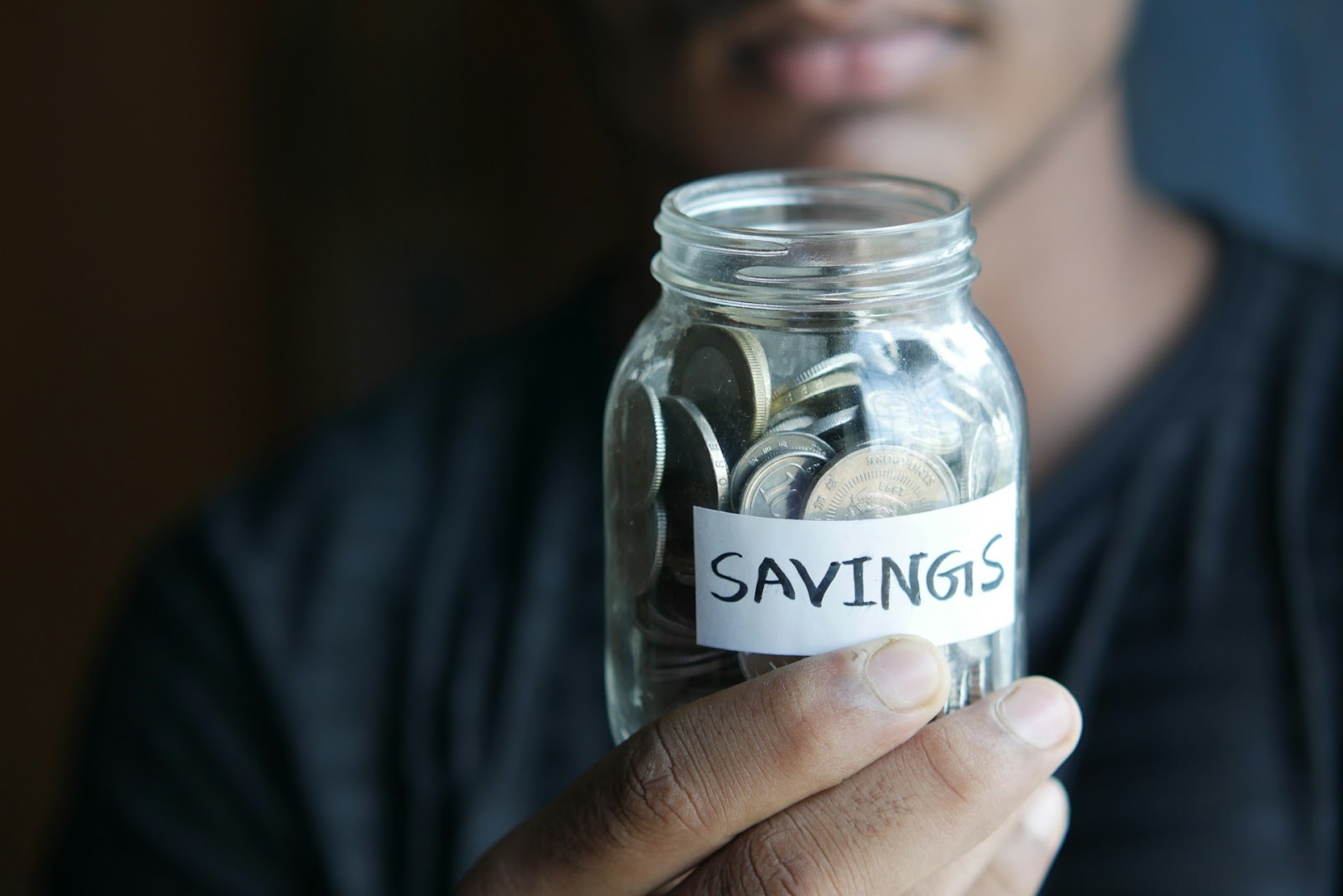Comments
- No comments found

The ability to manage money well is a crucial skill that can greatly affect how good your life is.
Whether you want to save more, invest smartly, or just handle your funds better, there are steps you can put into action to enhance financial wellness. However, more than 50% of people in major global economies state they stress about their finances.
In this guide, we will look into various methods and suggestions that can help you become better at handling your money.

Before you go on a journey into the world of financial planning, it's very important to look at and understand your money situation carefully. This includes thinking about different things such as where money comes from (income), where it goes (spending), and what is left after paying bills and debts. Basically, all these things are summed up in one word that you know but are yet to understand: budgeting.
It's crucial that you don't take this step lightly. You need to make sure that your budget is detailed enough to understand exactly where each penny will come from every month and also how it will be spent. This way, you'll know exactly how much money you have to plan out your future properly.
Investing, which helps you grow your wealth over time, is an important part of building financial stability. You should begin by comprehending both your risk tolerance and investment aims. It's advisable to distribute investments across different types of assets like stocks, bonds, mutual funds, and real estate. Use IRAs and 401(k)s, which provide tax advantages, for retirement savings. Keep an eye on your investment portfolio to make sure it's balanced correctly according to your financial goals and how much you can tolerate risk.
Additionally, think about getting a credit card with cashback rewards. These cards give you a certain percentage of your spending as cash back, that can be invested or saved to enhance your financial growth. This allows you to gain extra money from day-to-day purchases while still assisting in the development of your lasting financial plans.
Huge, far-reaching goals may seem unrealistic and terrifying, so it's best to make clear, short, and achievable aims for yourself. These objectives should cover different time frames—from immediate goals like setting up an emergency cash reserve or paying off all debts on credit cards; to things that will take more time such as saving money for a planned holiday and buying property overseas.
Writing down your future goals not only gives you a definite purpose but also works as a trigger to keep your motivation high and guide your money in the right way.

Debt management is very important for keeping financial stability and freedom. It's crucial to handle debt in a planned way so it doesn't become a heavy financial load. First, focus on paying off high-interest debts quickly, particularly balances from your credit cards. Look into choices like consolidating debt to make payments simpler, or talk with creditors for lower interest rates or more flexible payment plans.
Be cautious about taking on new debt, and only do so for necessary reasons. Regularly check your credit utilization ratio because this is an important aspect that affects your credit score. If you keep a good balance between how much credit you use compared to the total available, it can help improve how trustworthy lenders see you which may create better chances for future financial benefits.
Constructing an emergency fund is very important to achieve financial stability. Try to save an amount that can cover your living costs for a minimum of three to six months. Arrange recurring transfers into your savings account to develop an orderly saving practice. Think about spreading your savings across different low-risk investments.
Traditional and high-interest savings accounts, certificates of deposit, and money market accounts are some options you can look into. Additionally, make sure to review your insurance coverage for emergencies, health, and property as a way to safeguard your savings.
Getting better with finances means taking action, forming good habits, and understanding how money works. Knowing your financial state, setting clear goals, making an achievable budget, and handling debt responsibly while also saving money and investing for future growth—all of this can help you take control of your financial life. It sets a path towards stability and success in finance. Small changes made consistently have big impacts on improving overall money health over time.
Leave your comments
Post comment as a guest